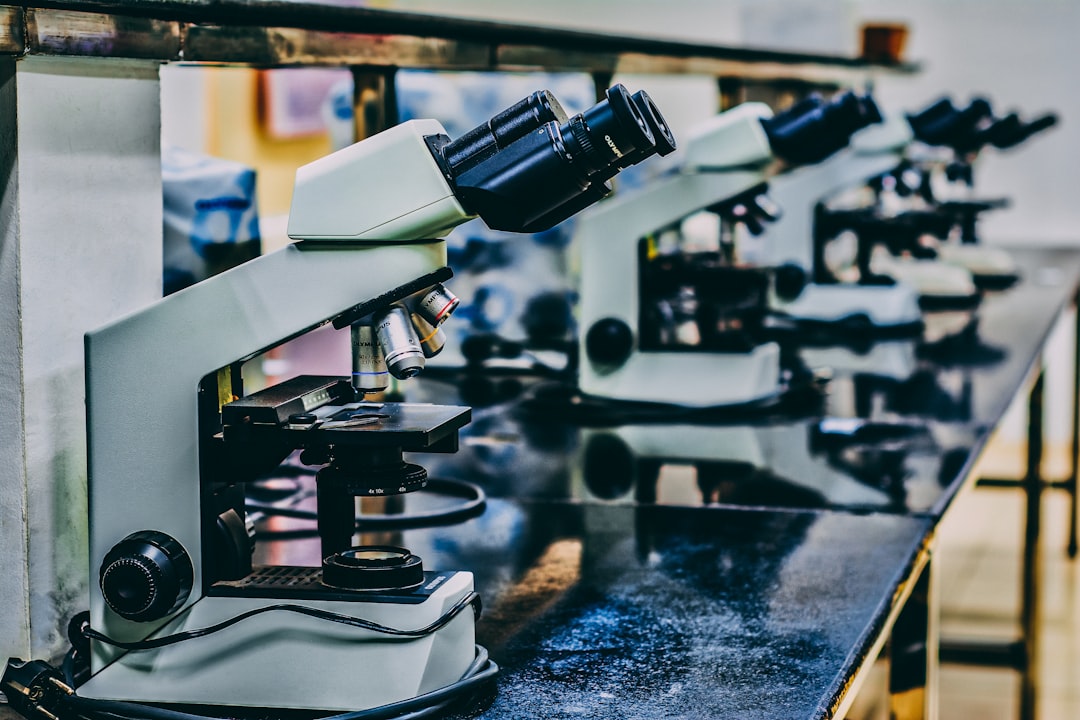Biotechnologist Ringa Hangarau Koiora
Biotechnologists use their knowledge of living things to develop new animal or plant products such as medicines and pest-resistant crops.
Biotechnologists may do some or all of the following:
- study micro-organisms such as bacteria, fungi, yeast, and their enzymes
- study the genetic make-up of plants, animals, humans and micro-organisms
- develop and test methods of making new products
- develop higher-yield or more pest-resistant crops
- meet with clients to discuss biotechnology solutions to their problems
- analyse production trends and data
- work out budget and production costs
- prepare funding or patent applications, and be part of patent discussions.
Physical Requirements
Biotechnologists need to have good hand-eye co-ordination.
Useful Experience
Useful experience for biotechnologists includes:
- laboratory work
- research work
- quality assurance
- business management or marketing.
Personal Qualities
Biotechnologists need to be:
- patient and persevering
- investigative and enquiring
- detail-oriented
- observant
- creative and innovative
- good at problem solving
- good at planning and organising.
Skills
Biotechnologists need to have:
- knowledge of biochemistry, microbiology, molecular biology and physics
- knowledge of manufacturing practices
- knowledge of how to safely handle hazardous substances
- knowledge of legal and ethical issues related to genetic engineering
- practical skills for performing experiments and operating scientific equipment
- skills in analysing and interpreting research results
- skills in writing reports and proposals
- ability to explain research to the public.
Conditions
Biotechnologists:
- usually work regular business hours but may also work weekends and evenings to complete experiments or reports
- work in laboratories and offices at places such as plants, factories and research organisations
- may travel locally and internationally to meet with clients or attend conferences
- may work with hazardous chemicals
- may work in noisy environments.
Subject Recommendations
A tertiary entrance qualification is required to enter further training. NCEA Level 3 in calculus, biology, maths, chemistry and physics are recommended.
Related Courses
Biotechnologists can earn around $48K-$75K per year.
Pay for biotechnologists varies depending on qualifications and experience.
- Biotechnologists with Bachelor's degrees can expect to earn $48,000 to $55,000 a year.
- Biotechnologists with Master’s degrees usually earn between $55,000 to $75,000.
- Senior biotechnologists who have PhDs can earn between $76,000 to $94,000.
- With more responsibility and experience, biotechnologists can earn up to $130,000 or more a year.
Source: BIOTech New Zealand, 2019.
Years Of Training
3-5 years of training usually required.To become a biotechnologist you need to have a Bachelor of Science, Engineering or Technology in one of the following:
- biotechnology or plant biotechnology
- biochemical engineering
- biochemistry
- food technology
- genetics
- industrial bioscience
- molecular biosciences
However, many employers prefer to hire biotechnologists with a Masters or Doctorate in biotechnology or a relevant field.

 Epsom Girls Grammar School
Epsom Girls Grammar School